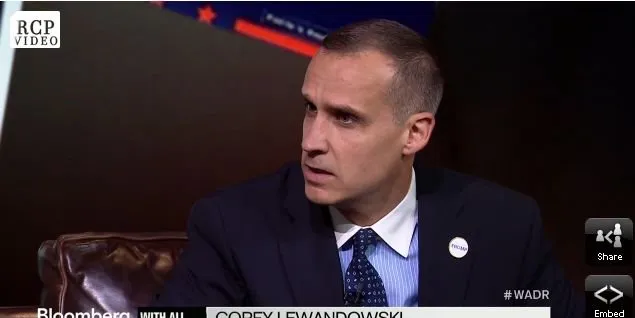FROM THE VAULT: When Trump's campaign manager went one-on-one with IntraFish
Before representing the controversial presidential candidate, Corey Lewandowski was defending New England's seafood industry.

Before representing the controversial presidential candidate, Corey Lewandowski was defending New England's seafood industry.
